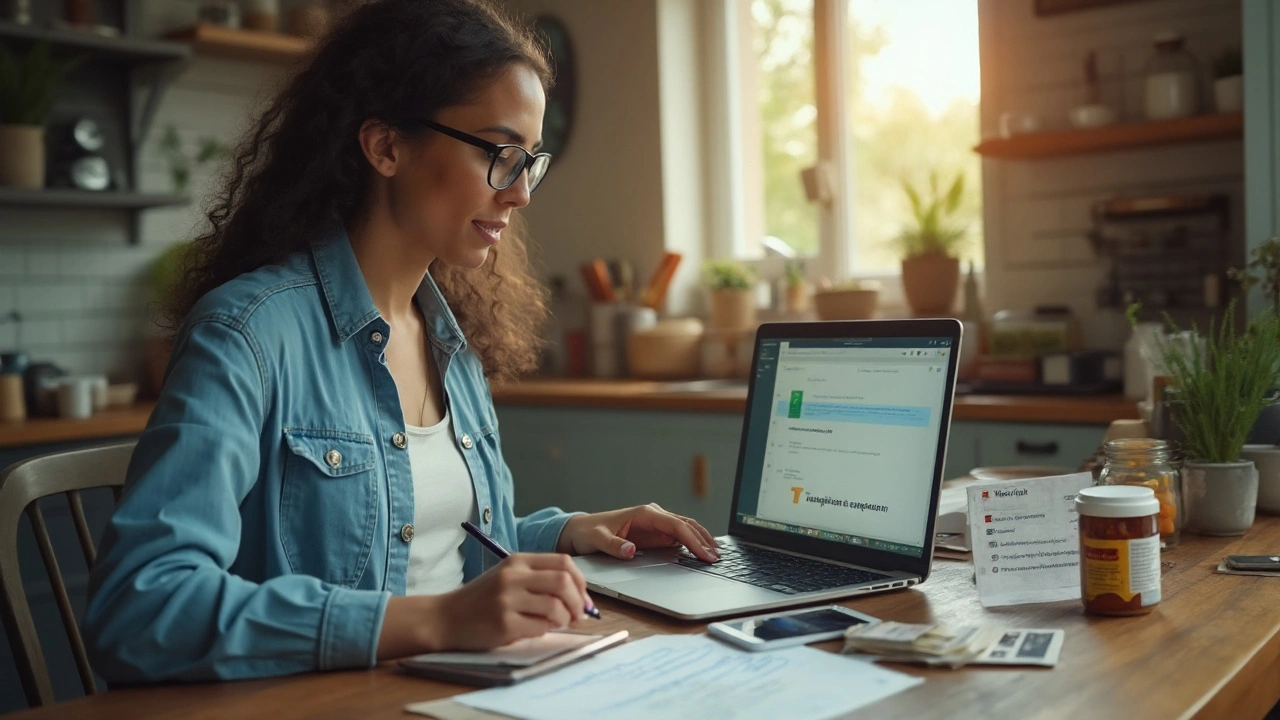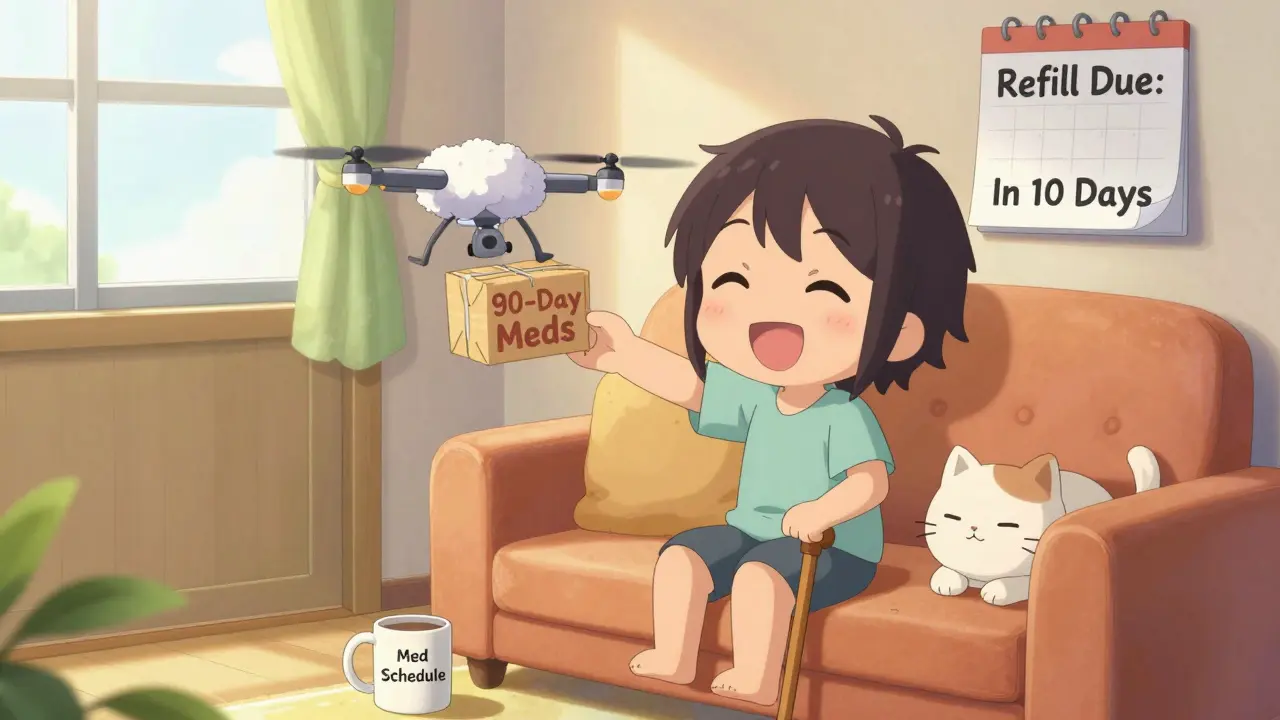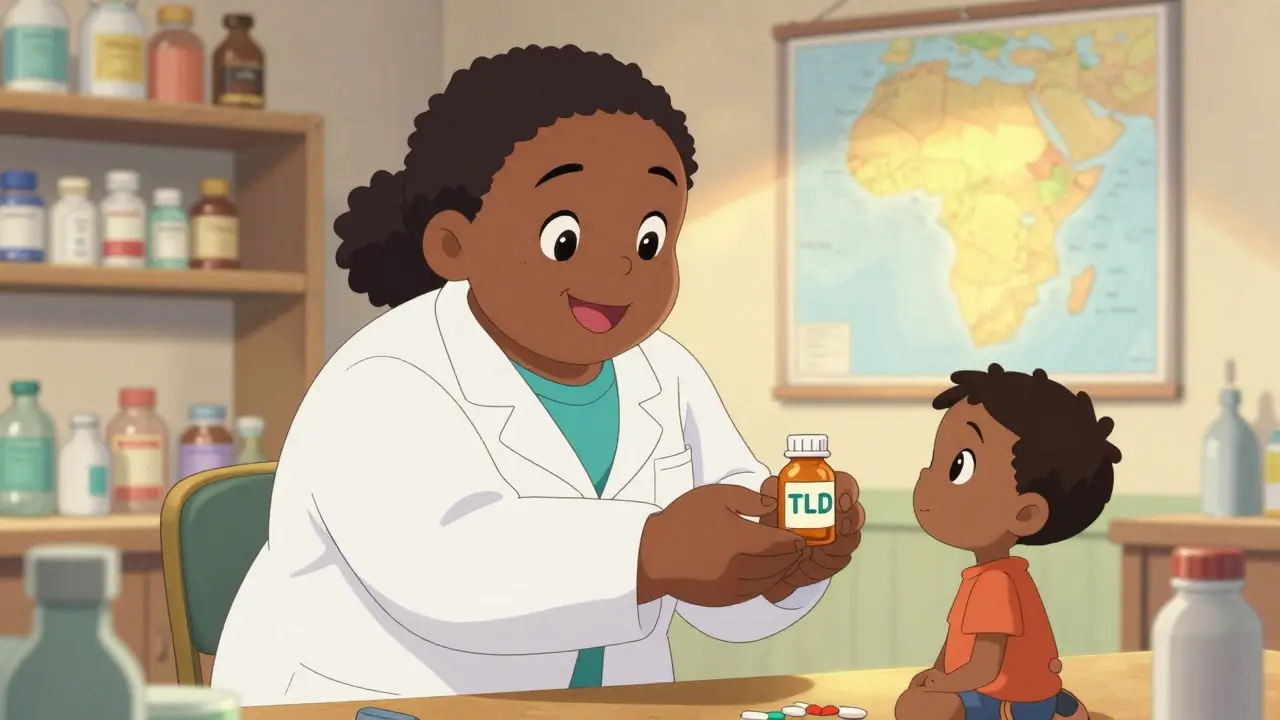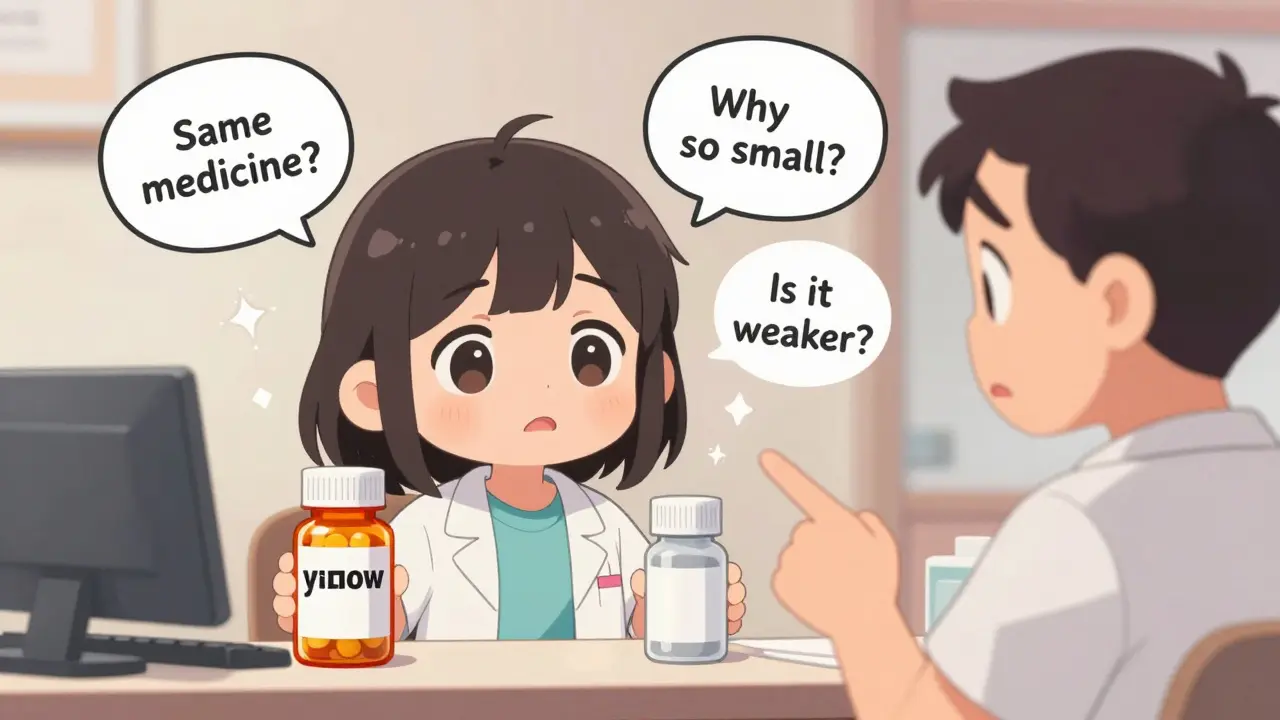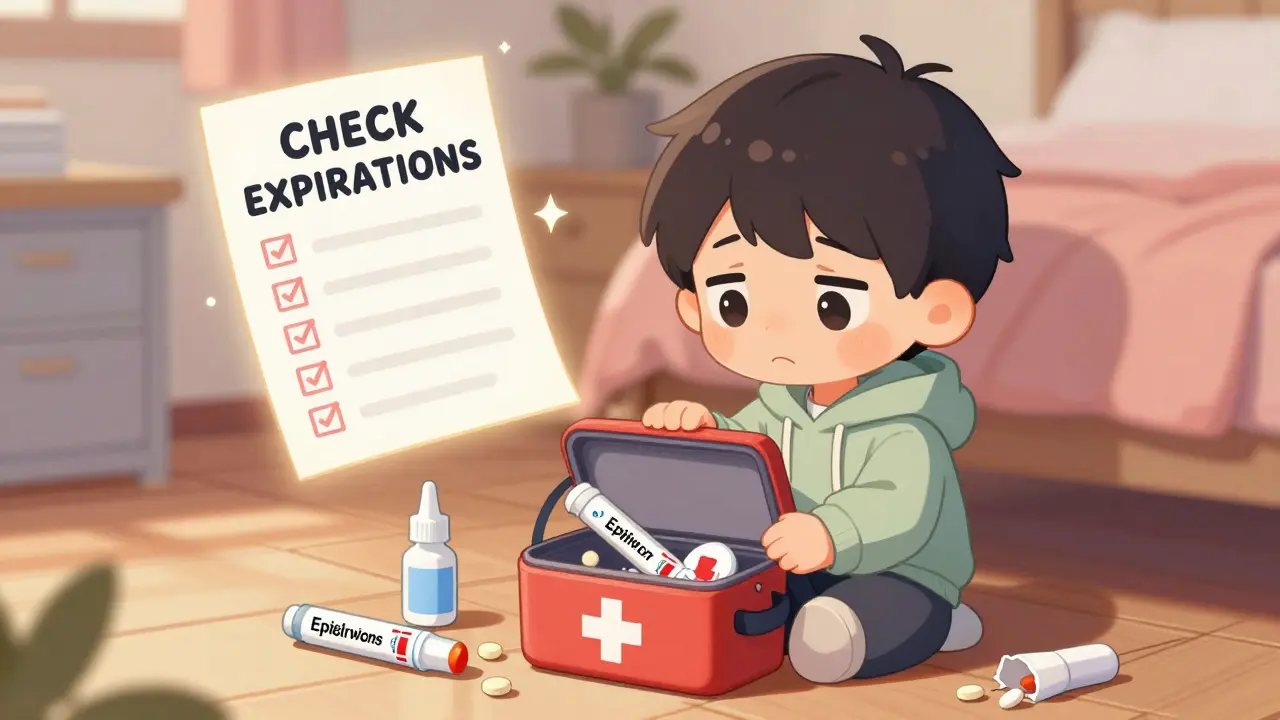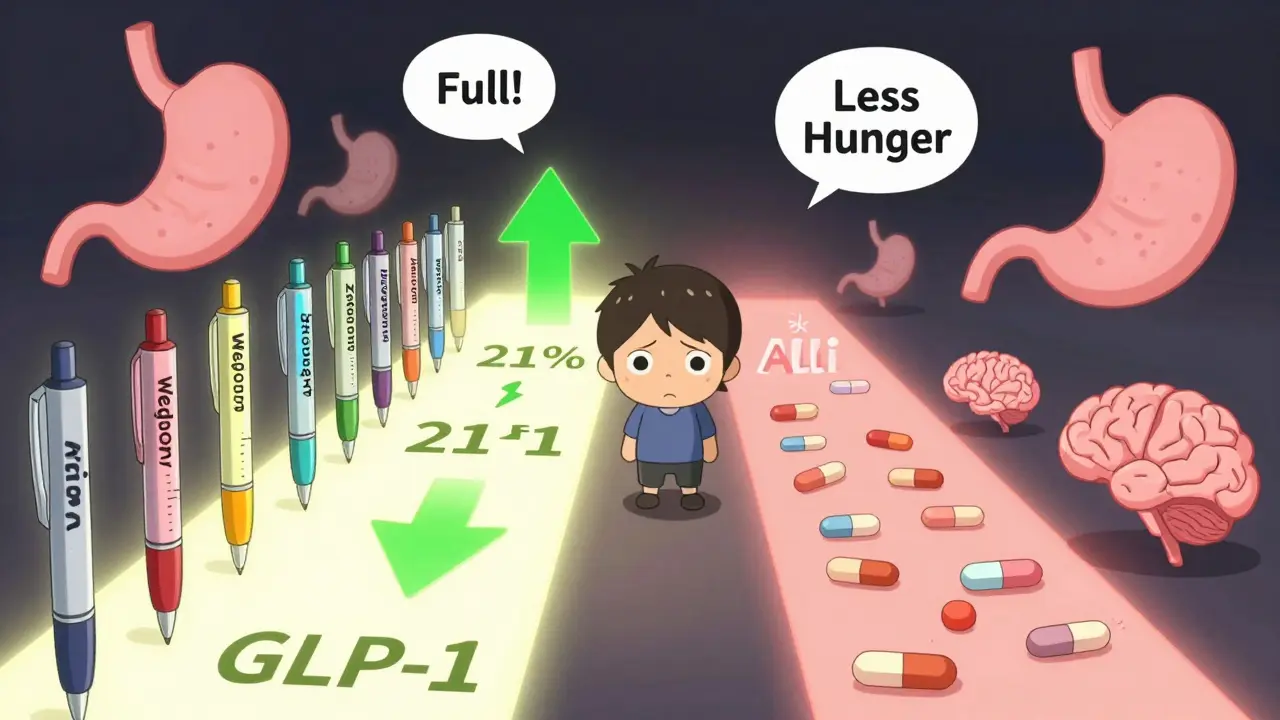Prescription Guide: Getting and Using Medications Safely in the UK
If you’ve ever wondered how a prescription works from start to finish, you’re in the right place. We’ll walk you through what happens when a doctor writes a script, how you order it online or in‑store, and the simple steps to keep your meds safe at home.
How a Prescription Is Issued
First, a qualified prescriber (GP, specialist or dentist) decides you need a medication. They’ll write a script either on paper or electronically. In the UK most doctors use the NHS Electronic Prescription Service, which sends your prescription straight to your chosen pharmacy.
When you get a paper script, make sure the details are clear – your name, the drug name, dosage, and any special instructions. Mistakes happen, so double‑check before you leave the doctor’s office.
Ordering Your Prescription – In‑Store or Online
Once you have the script, you have two main options:
- Pick it up at a local pharmacy. Show the paper script or give the pharmacy the NHS reference number. The pharmacist will verify it and hand you the medication.
- Order it online. Websites like The Independent Pharmacy let you upload a scanned script or enter the NHS reference. They’ll check it with a qualified pharmacist before shipping.
Online ordering is handy if you can’t get to a high street pharmacy, but make sure the site follows UK data‑protection laws and displays a clear pharmacist contact.
When the medication arrives, look for a tamper‑proof seal and check the expiry date. If anything looks off, call the pharmacy right away – it’s better to be safe than sorry.
Storing and Using Your Prescription Safely
Keep meds out of reach of children and pets. Some tablets need to stay dry, others need refrigeration – the label will tell you. If you have a complex schedule (e.g., take one tablet in the morning, another at night), a weekly pill organizer can save you from missed doses.
Never share your prescription with anyone else, even if they have the same condition. Each script is tailored to your health profile, so what works for you might not be right for someone else.
If you notice side effects, stop the medication and contact your prescriber or pharmacist immediately. Most side effects are mild, but it’s important to get professional advice before making changes.
Renewals and Follow‑Ups
Many prescriptions are set for a limited number of repeats. When you’re running low, request a renewal before you run out. Your GP can usually send a new script directly to your pharmacy, or you can ask the pharmacist to call the doctor for you.
Regular check‑ups help your prescriber adjust doses if needed. Bring a list of all your current meds to each appointment – this includes over‑the‑counter drugs and supplements.
Using a prescription responsibly is all about clear communication and a little bit of organization. With the steps above, you’ll feel confident handling your meds, whether you pick them up locally or have them delivered to your door.
Got more questions about a specific drug or how to order from The Independent Pharmacy? Our team is just an email or phone call away. Stay safe, stay informed, and let your prescription work for you.
